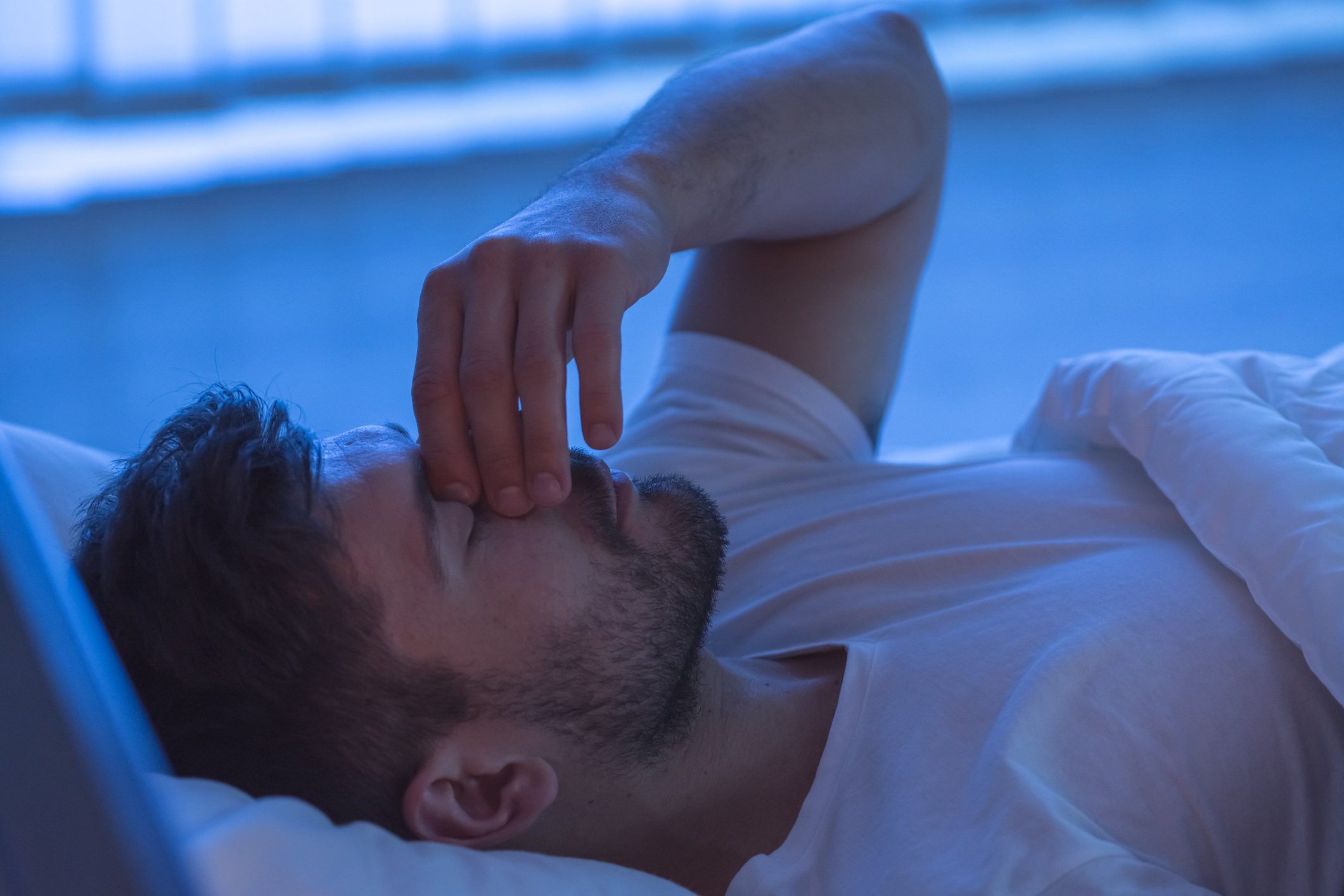Good quality, consistent sleep helps us to feel great.
That’s indisputable, right?
But what if you’re not achieving a peaceful night’s slumber? What if your sleep is disturbed, you toss and turn and when you wake up in the morning you feel more tired than when you went to bed? Multiply one bad night’s sleep by many and you can quickly become worn out, fatigued and more prone to illness.
If this scenario sounds familiar to you, read on for five little-known habits that can negatively affect your sleep. These are things which you may not associate with your sleep quality but which can have a huge impact. We’re also sharing counter-actions you can take to help get your sleep back on track.
5 little-known habits that can negatively affect your sleep.

1. Drinking caffeine within your first hour of waking
Your body clock operates on a 24 hour sleep/wake cycle called the Circadian rhythm. When your Circadian rhythm is operating correctly, your body will naturally release the hormone Cortisol as you wake to help you to get up and going with your day.
Caffeine also increases Cortisol levels, which is why some people get a “buzz” or energy boost from drinking coffee, tea and other caffeinated drinks.
If you drink caffeine within the first hour of waking, it can trick your body into thinking that there are already adequate levels of Cortisol present within your system to get you up and going for your day.
Persisting with an early-caffeine routine may lead to reduced levels of Cortisol being naturally released by the body upon waking. Leading to lethargy and fatigue as you wake up. Which interestingly, leaves you craving that first caffeinated drink more as you’re now reliant on it to stimulate Cortisol release.
By inhibiting the natural release of Cortisol in the morning, it can lead to a dis-regulated Circadian rhythm, meaning depleted energy reserves later in the day and random Cortisol spikes late into the evening.
The fix? Try waiting one hour after waking to consume your first caffeinated drink and finish consuming caffeine by 10am.
This still allows you to enjoy your morning cup of coffee or tea and can help to negate Circadian rhythm malfunction.
2. Being over-stimulated by technology
Does the phrase “tired but wired” sound familiar?
Electromagnetic fields (EMF) are found around common technology items we use day to day, including mobile phones, wifi routers, microwaves and computers.
EMF exposure has been linked to an increased electrical “charge” in the body, which can lead to an over-stimulated feeling—i.e. “tired but wired”. This is directly at odds with the state in which the body needs to be in, in order to get a good night’s sleep.
The fix? Ground yourself.
Grounding is the practice of re-setting your body’s electrical charge.
You can do this in a number of simple ways:
– place your bare feet on grass, ground or sand
– take an Epsom salt bath* or foot spa
– go swimming
– place the palms of your hand on a tree, on the ground or in water
– use a grounding mat or grounding bed sheet
Regularly re-setting your electrical charge can help to reunite you with your body’s energetic equilibrium. You can also try to limit your exposure to EMF throughout the day by being mindful of your interactions with technology.
*Be mindful that Epsom salts can aggravate individuals who are sensitive to sulphur based foods, which include: garlic, onions, cauliflower and Brussels sprouts. For individuals with a sulphur sensitivity, it is advisable to avoid Epsom salts. Interestingly, such individuals are also likely to be CBS gene carriers. You can read more about our work with genetics here.


3. Ingesting inflammatory foods and drink
When you think of inflammation, what does it look like?
If you’re picturing something red, angry-looking and hot, you’d be right. Internal inflammation can raise your body’s core temperature, causing irritation, feelings of anger and frustration and making it harder for you to sleep.
The body needs to feel cool in order to get a good night’s sleep. Overheating can inhibit the release of Melatonin—the body’s sleep hormone.
If you notice that you’re regularly tossing and turning at night, feeling warm and frustrated, first check the temperature of your room. An ideal sleeping temperature is around 18°C. If your environment is pitch perfect, you may wish to turn your investigations inward. Are you feel inflamed?
Inflammatory foods and drink you may wish to avoid include:
– refined sugar
– alcohol
– gluten
– dairy
– anything processed
Try to reduce your body’s inflammation by cutting out key inflammatory foods and drink for a while, and see how you get on!
4. Running through a mental to-do list
We’ve all been there: it’s 3am and we sit bolt upright remembering “that thing” we have coming up or worrying about “so and so”.
Having a busy and full mind can be counterproductive to getting a good night’s sleep.
Instead, try keeping a notepad on your bedside table and having a “brain dump” before you head to sleep. Empty your mind of your to-do lists and worries, knowing that you have written them all down to come back to the following day.
Meditation and mindfulness can also help to quieten your mind.


5. Watching adrenaline-boosting TV shows and movies
You may think that bedding in (pardon the pun!) to watch your favourite TV show is a great way to relax before sleep—and it can be—but be mindful of the type of content you’re consuming.
Some TV shows, movies and even books, are designed to get your heart racing. While this can be intoxicating and the very thing you enjoy about the content, it can also raise your Cortisol levels, signalling to your body to stay awake.
Try switching over your evening watching and reading to something funny, light-hearted or calming. We’re big fans of comedy box sets, nature documentaries and romantic comedies before bedtime.

 Phoenix Maas
Phoenix Maas Our Team
Our Team